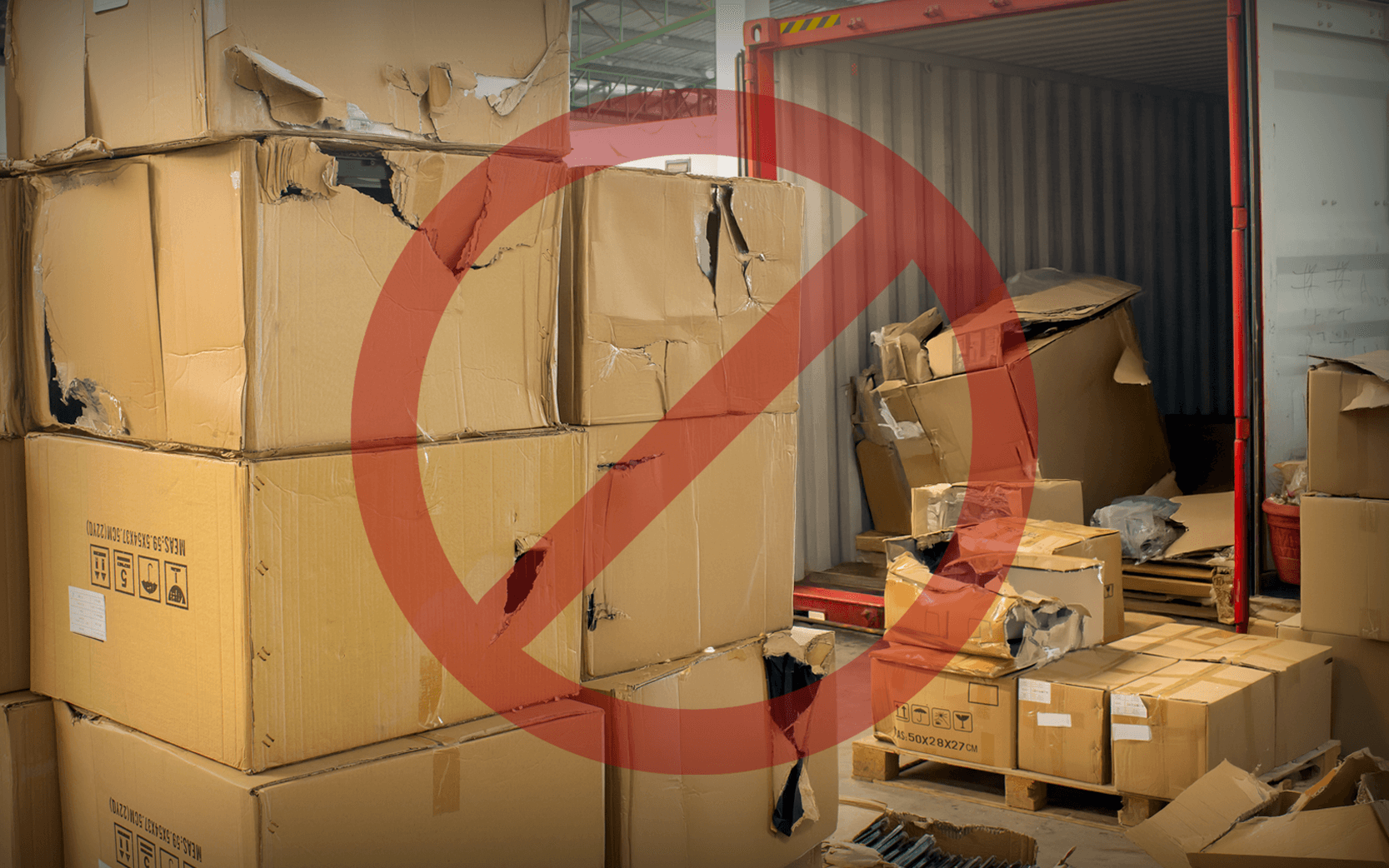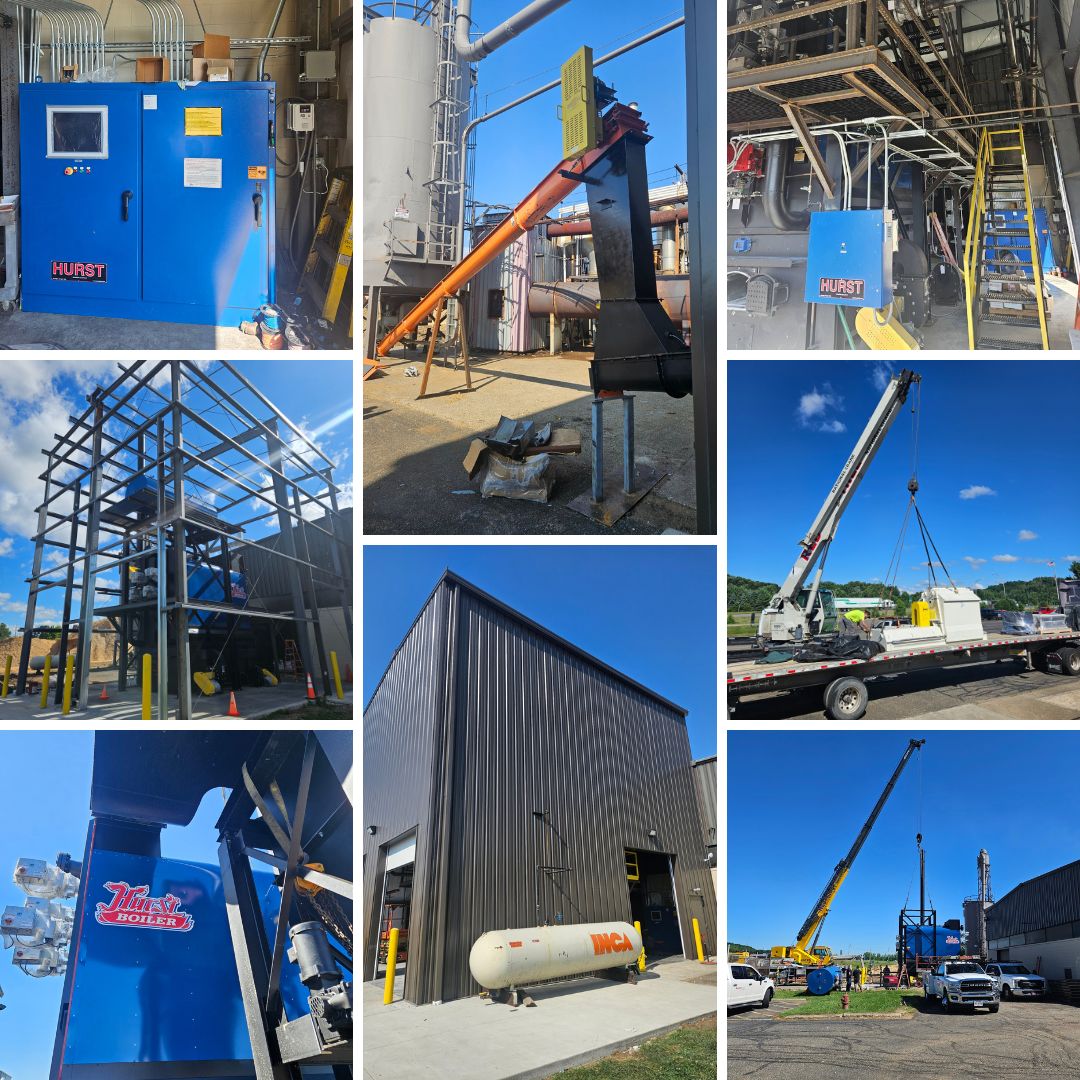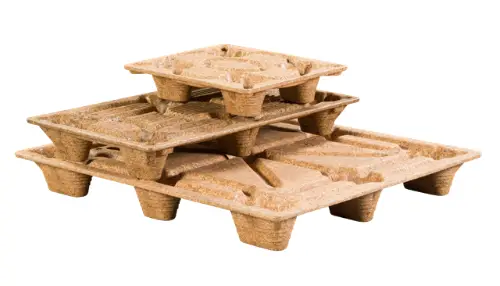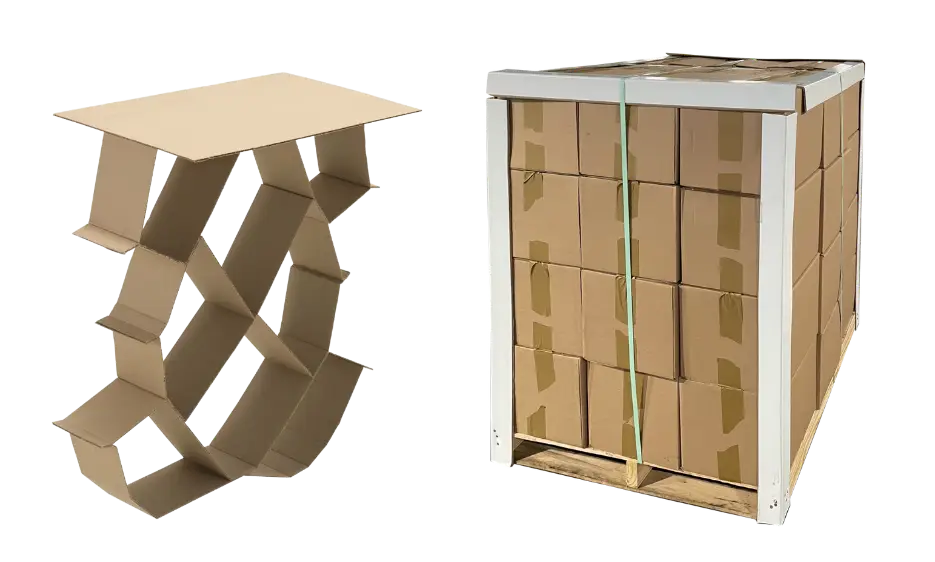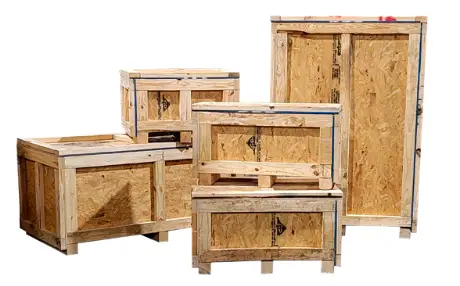A recent article by Bob Johnson in Produce Business demonstrates how pallet companies can offer a surprising amount of insight into all aspects of industrial packaging and shipping, beyond their traditional roles of product protection and damage prevention. Their knowledge and experience with all points along the supply chain — from production, processing, and logistics to distribution, warehousing and transportation — can be invaluable to companies looking for inefficiencies in their systems or ways to reduce costs.
This knowledge extends to recently adopted ISPM 15 international shipping standards (IPPC-ISPM 15 or International Plant Protection Convention-International Standard for Phytosanitary Measures), which were designed to offer some measure of control over cross-border plant and insect infestation. The new standard requires the use of bug-free pallets for export shipping. ISPM 15 applies to international shipments between most countries, but the US and Canada won’t enforce the terms of this international agreement until 2013 or early 2014. When the exemption ends, the hundreds of millions of pallets travelling between the two countries every year will all need to be bug-free, and fast.
For conventional wooden shipping pallets, adapting to ISPM 15 is a simple matter of heat treating. It is the best way to kill infestations in that type of pallet. The large increase in demand that is expected, however, might very well lead to a short-term shortage of heat treated pallets. Luckily, two other types of reusable pallets are considered phytosanitary, with no special treatment needed. Plastic pallets are bug-free and have the added benefit of being up to 35 percent lighter than traditional wooden pallets. They can also be steam-cleaned, water-washed or sterilized.
A second option that satisfies the export shipping requirements is the Inca presswood pallet by Litco. These export-approved presswood pallets are nestable and 60 percent lighter than traditional hardwood pallets. Litco presswood wooden pallets come in smaller sizes for situations where shippers need to move less-than-full pallet loads and reduce the risk of instability, shifting during freight, and damage. The smaller pallets can also double as retail displays.
In addition to being ISPM 15 compliant, Litco presswood pallets are free of a variety of chemical preservatives which might cause odors or chemical contamination of certain types of food and drugs. The pallets are reusable and recyclable and are approved for import into most countries.
To read “Pallets: The Right Tool for the Job” in its entirety, you can download a copy of the February 2012 issue at the Produce Business website.
Knowing what types of pallets will cause customs delays is just one way a pallet supplier can help you navigate the increasingly complex world of international shipping. In addition to helping a company decide whether to use plastic or wooden pallets or to rent or own, pallet suppliers can also troubleshoot a bottleneck in a trucking route or suggest a better way to coordinate shipments. They can advise on when a smaller pallet might lower freight costs and will know when major retailers change the types of pallets they accept. Building a relationship with your pallet provider can result in a significant impact on your shipping costs.
To learn how Litco’s 50 years of experience in the transport packaging industry can serve you, or for more information about our export-approved presswood pallets and cost-effective alternatives such as plastic pallets, contact Litco today.

